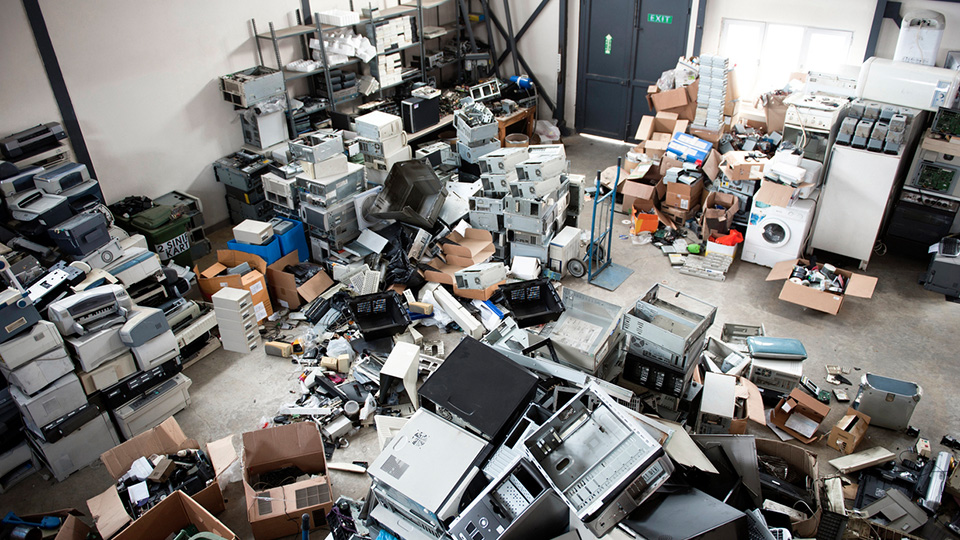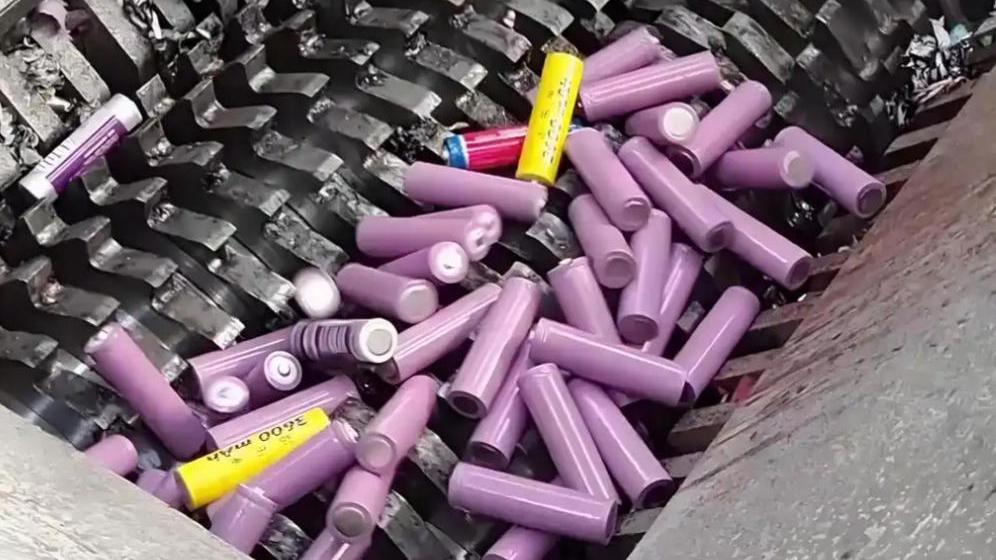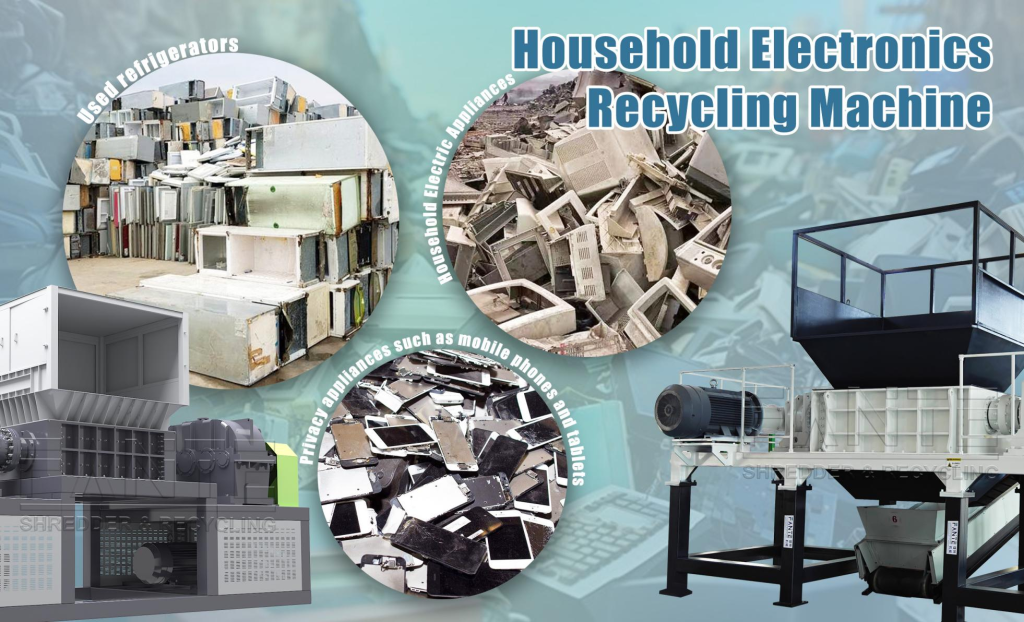E-waste recycling is a critical topic in today’s world because of its ability to minimize environmental pollution and hazards, alongside safeguarding human life and other species. It involves the recovery and reuse of electronic and electrical equipment that is no longer in use or has become outdated. Let’s explore the various materials that can be extracted and recycled from electronic waste.

The Importance of E-Waste Recycling: Recovering Valuable Materials
Plastic Recycling from E-Waste
Recyclable plastics from electronic devices can be repurposed to create a wide range of new products, including vineyard stakes, fence posts, plastic sleepers, trays, insulators, and holders for various equipment. This process helps reduce plastic waste and lowers the environmental impact of plastic production.
Metal Recycling from E-Waste
Recycled metals from electronic waste are used to produce new metal products, including steel. By recycling metals, we reduce the need for mining and metal refining, which cuts down energy consumption and greenhouse gas emissions.
Glass Recycling from E-Waste
Glass found in cathode ray tubes (CRTs) from old computer monitors and television sets can be extracted and recycled. Recycling glass from e-waste prevents it from ending up in landfills and conserves resources used in glass manufacturing.
Mercury Recovery and Recycling
Specialized recycling facilities can safely remove mercury from electronic devices and reuse it in products such as metric instruments, dental amalgams, and fluorescent lights. Proper mercury recycling prevents harmful environmental contamination.
Circuit Board Recycling
Specialized firms are capable of smelting circuit boards to extract and recycle valuable metals like tin, gold, silver, copper, and palladium. Circuit board recycling machines can crush these boards into powder, separating the metal and resin fiber powder with a purity of up to 99.9%.
Hard Disk Recycling
Shredding hard disks allows for the recovery of aluminum, which is particularly useful in the automotive industry. This recycling process helps reduce the demand for virgin aluminum production.
Battery Recycling
Recycling batteries yields materials like cadmium, steel, nickel, and cobalt, which are repurposed for new batteries and stainless steel production. Battery recycling helps conserve natural resources and prevents hazardous waste from entering the environment.
Environmental Benefits of E-Waste Recycling
Recycling e-waste not only allows us to recover valuable materials like metals, plastics, and glass, but it also significantly reduces the energy demands and environmental impact associated with mining, refining, and manufacturing new materials. This process effectively decreases pollution and greenhouse gas emissions, contributing to a cleaner, more sustainable planet.



